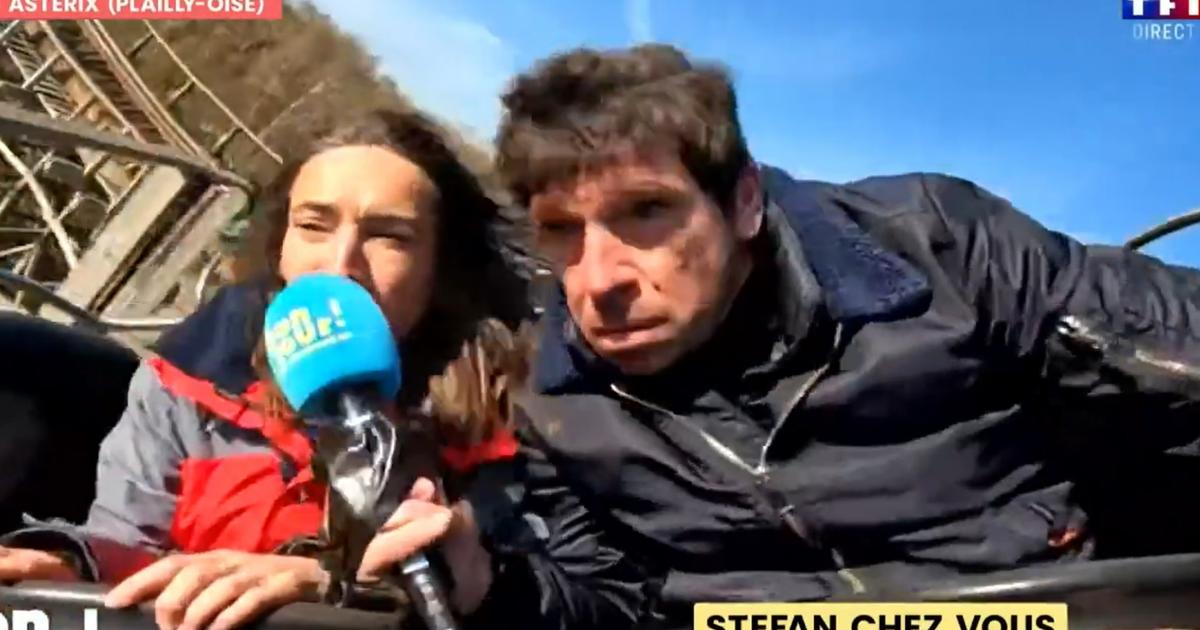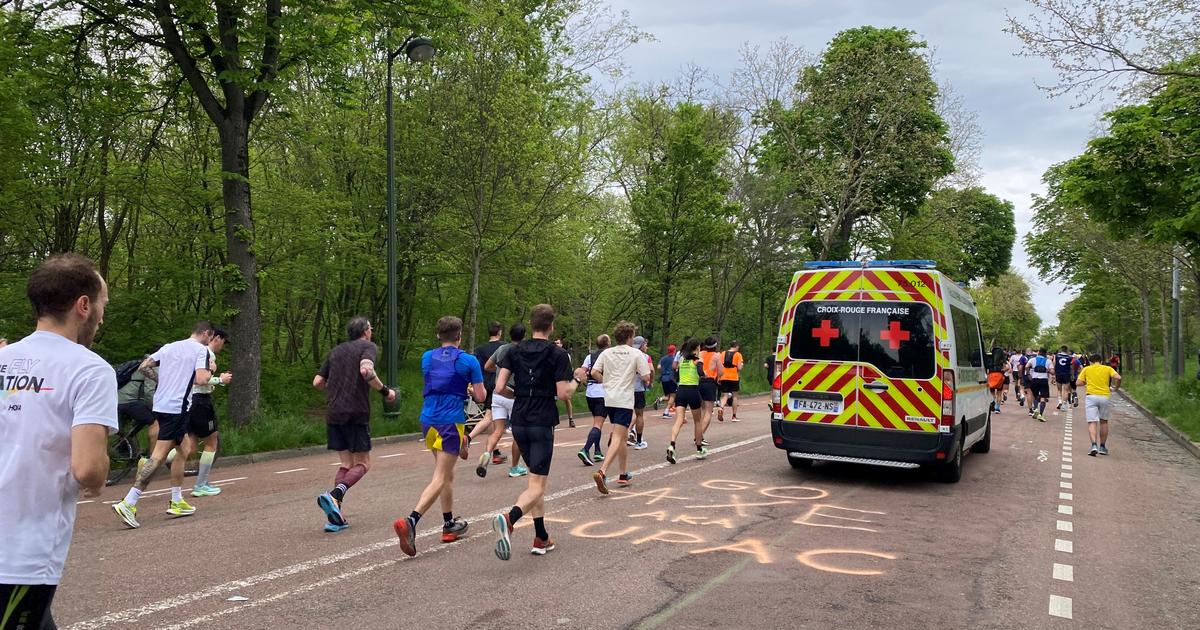Daniel Ortega and Rosario Murillo, in a file image Alfredo Zuniga / AP
Magic and despotism in Managua
A few days ago I spoke on Zoom with my friend, the Canadian writer John Ralston Saul, former president of Pen International, and who was in Nicaragua a few years ago.
The Pen, formerly called the Pen Club, was founded in London in 1921, and its constituent members included none other than Joseph Conrad, George Bernard Shaw, and HG Wells.
Today it brings together writers from all over the world, and is dedicated above all to promoting and protecting freedom of expression and human rights.
John called me because he wanted to know about Nicaragua, where the national chapter of the Pen, chaired by Gioconda Belli, was forced to close its doors, and it was about Nicaragua that we spoke extensively, remembering the time I took him to peek into the fiery crater of the volcano Masaya;
a frightening hole for any tourist, from where a dense sulfur smoke rises, as if we always lived in this country in the mouth of hell.
It is what the chronicler Fernández de Oviedo called this crater.
I told him, to begin with, that the governments resulting from elections in Latin America have different qualities and forms of democratic behavior, but in recent decades the legitimacy of the popular vote has managed to be established, because the electoral systems have achieved credibility, all far from the old story of fraud, with the ballot boxes full of false votes, with a large turnout of deceased citizens, and the minutes grossly doctored.
No one can claim the legitimacy of the overwhelming majority won in the last legislative elections of El Salvador by President Bukele.
Whether that majority, which opens the doors to the control of all the other powers of the State, will be used to strengthen the democratic system, or to end it, remains to be seen;
but the votes that have been given it are well counted.
And if there is a crisis of political credibility in Peru that has become chronic, it is not due to fraudulent elections, but to the loss of prestige that the repeated corruption of those elected brings with it.
This is not the case in Nicaragua, where the political Constitution mandates that presidential and parliamentary elections be held in November of this year.
That is, in a few months, and even to this date, the minimum conditions do not exist for a credible electoral process to be considered, which can serve as a democratic transition mechanism.
A resolution of the General Assembly of the OAS of November of last year, establishes the basic demands for the credibility of these elections: "inclusive and timely" negotiations between the government and the opposition to agree on "significant electoral reforms consistent with international norms. ”;
modernization and restructuring of the Supreme Electoral Council to ensure that it functions in a totally independent, transparent and responsible manner;
voter registration update;
and national and international electoral observation.
To all this, the resolution adds that there must be a pluralistic political process "that leads to the exercise of civil and political rights, including the rights of freedom of peaceful assembly and freedom of expression and open registration of new political parties."
Such commitments should be concluded in the month of May, which is coming, without the regime lifting a finger.
For now, the only certainty is that Ortega and his wife, the vice president, are preparing to be reelected again, which means continuing, as for 15 years now, in total control of civil, economic, police and military power.
Nothing suggests, so far, that there is the minimum political will to submit that total power to the free scrutiny of the voters.
The United Nations Permanent Council on Human Rights, meeting in Geneva in March this year, expressed "grave concern at the lack of progress by the Nicaraguan Government in the implementation of electoral and institutional reforms aimed at guaranteeing transparent elections."
And it demands that it stop harassing and harassing opponents;
it orders "to immediately abandon arbitrary detentions, threats and other forms of intimidation as a means of suppressing criticism";
and "release all those illegally or arbitrarily arrested."
It also demands the repeal of laws that violate the exercise of human rights.
Suffice it to mention the cybercrime law, the foreign agent law, and the establishment of life imprisonment for “hate crimes”.
Is it possible to conceive an acceptable electoral climate, when there are more than 120 political prisoners, the vast majority of them young, and thousands of exiles, young people too, who fled the repression unleashed as of April 2018?
And how can an electoral campaign unfold like this?
The police keep watch in the streets to thwart any hint of a peaceful demonstration, illegally lock up opponents in their homes with a ban on going out, and break into indoor premises to break up political meetings.
There are media and television stations with their facilities confiscated, such as
Confidencial
and
100% Noticias
, and others that live under threat and siege, such as
Radio Darío
in the city of León.
We are still leaning into the lit crater, I tell John.
Finding your way out of the mouth of hell will cost a lot, but no hope is lost.
Sergio Ramírez
is a writer and Cervantes Award 2017.

/cloudfront-eu-central-1.images.arcpublishing.com/prisa/ON3MMNAEQMJCSBRMOIHLKKRUGM.jpg)






